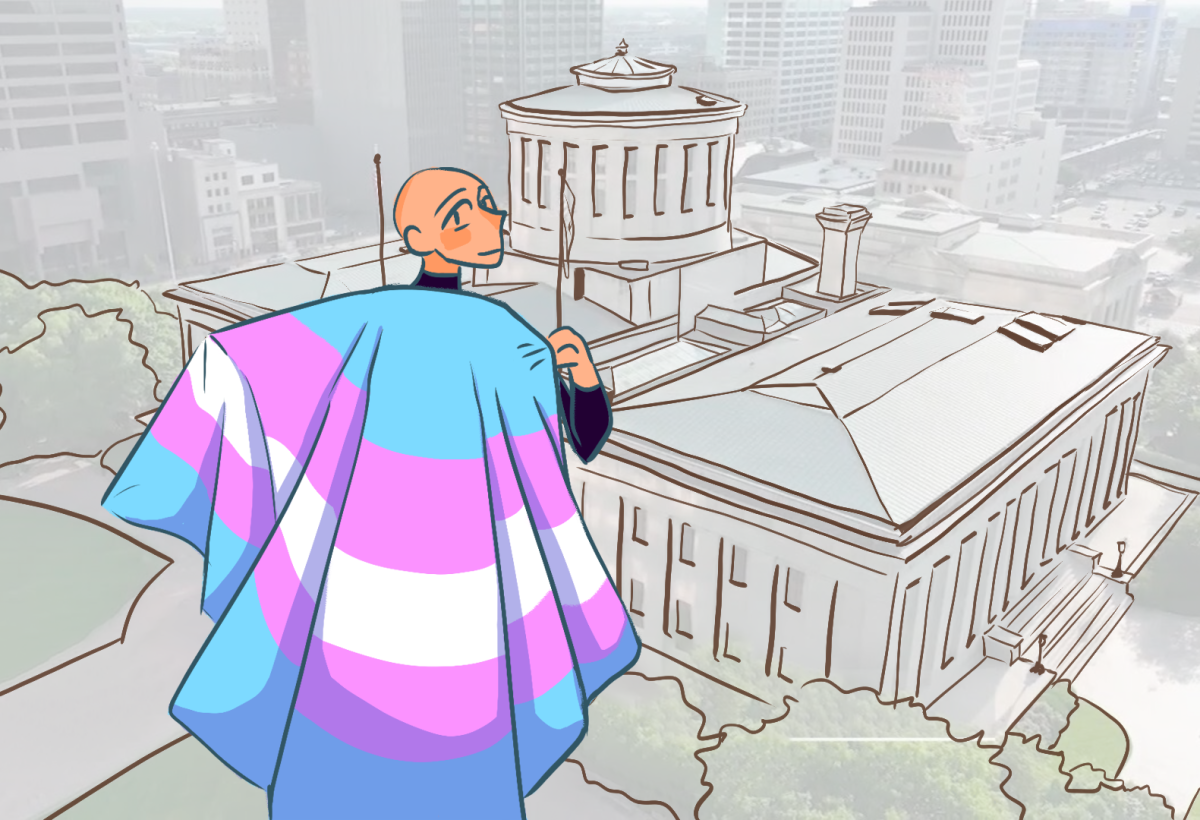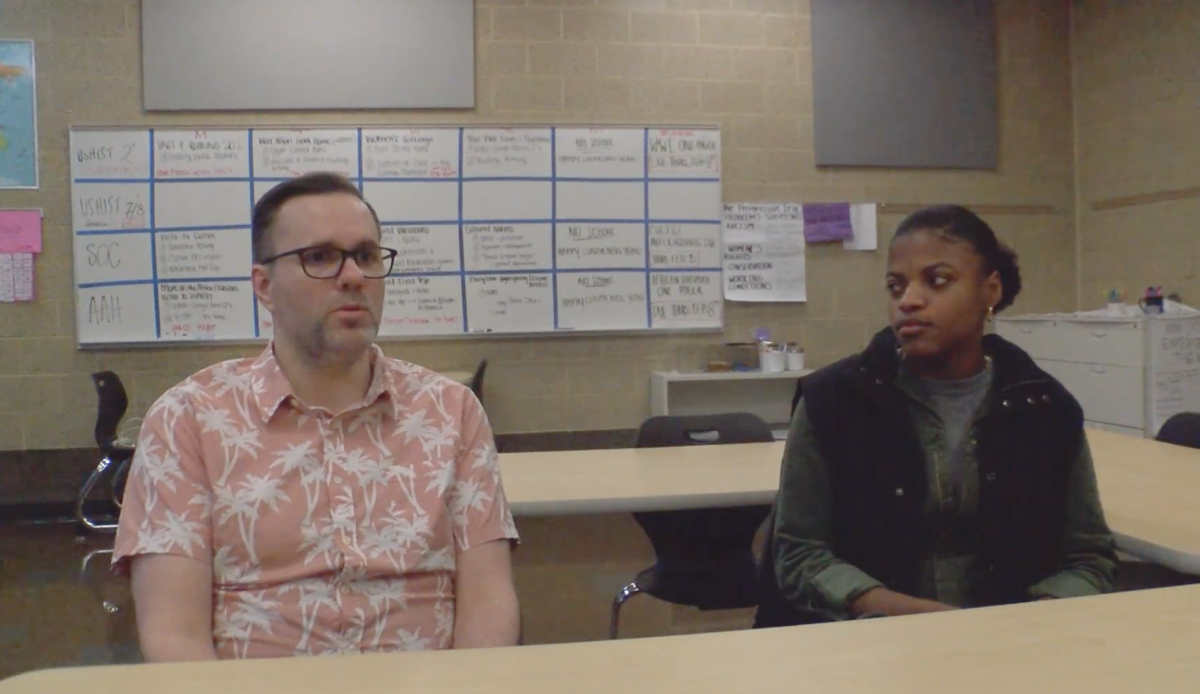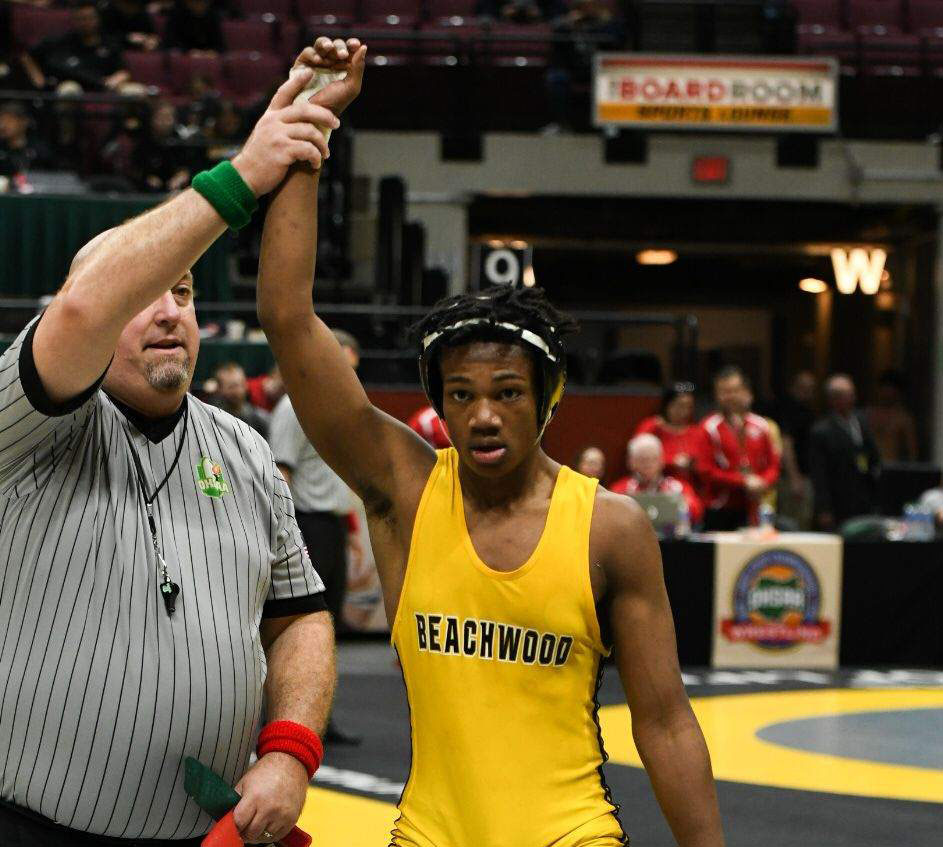When I went to see Django Unchained, it was the last weekend of winter break and I was in dire need of a pick-me-up. You know how it gets to be when you can count the remaining days of vacation on one hand: low spirits, freak-outs, etc. Though I thought the commercials didn’t make the movie very enticing, a few friends of mine had given me recommendations to see it anyway. And so I did; indeed, I was pleasantly surprised. Django was not only hilarious, but its cast was fantastic, its plot creative, and its production well done.
During the opening credits, the viewer is thrust into the world of slavery, first meeting Django (Foxx), the protagonist, in a chain gang marching through the forest. Dr. King Schultz (Waltz), a dentist-turned-bounty hunter, forcibly purchases Django from his owners and enlists his help murdering a trio of slavers. When Schultz discovers that his new companion has a good shot, he makes him a deal: in return for Django’s help murdering criminals throughout the winter, Schultz will give him his freedom and help liberate his wife from captivity at the Candieland plantation. The remainder of plot encompasses their journey to and sojourn at Candieland, during which Schultz and Django pose as “Mandingo” (prizefighting slave) buyers, biding their time as they search for Broomhilda, Django’s lost true love. Much of the tension stems from Django’s cover as a black slaver, which is especially insulting to the Candieland population, and which slowly turns his character hostile. Ultimately, Django does rescue his wife, but only at the expense of countless deceptions, bloodbaths, and deaths.
Django might as well be dubbed a satire, for many of its scenes and dialogues poke fun at other works of art. The first reference is during the opening credits, when a corny soundtrack plays and the movie’s title scrolls from right to left in full-screen typeface. Remind you of something, say, Margaret Mitchell’s Gone with the Wind? Indeed, Django also borrows from other films by its director, Quentin Tarantino. The resemblance between Dr. King Schultz and Colonel Hans Landa of Inglorious Basterds, both played by Christoph Waltz, is obvious. The two might as well be the same character; they have the exact same humor, cadence and accent.
Jamie Foxx and Christoph Waltz both do phenomenal jobs playing their roles, and their character sketches are lifelike and flawless. Waltz speaks in his inherent Austrian accent, for comic effect of course, sending the audience into fits laughter with his sly comments and clever orations. Foxx must be similarly commended for his ability to maintain full composure when acting in the most ludicrous scenes. In particular, Foxx comes riding into Candieland, his expression fully serious, while sporting a laughable combination of sunglasses, a whip, and a uniform from the Revolutionary War.
Surely Django has no shortage of blood and guts; every scene has at least one intense shootout. What makes each bloodbath hilarious, however, is Tarantino’s style of portraying gun wounds. When characters are shot, they don’t merely fall over and bleed – they explode and their innards fly out as jelly. The most absurd death scene comes at the end, when Django says, “Say goodbye to Miss Laura,” and her character flies out of the frame before the bullet even hits her.
When it comes to the film’s representation of race relations, Django has a certain duality. On one hand, Tarantino’s depiction of slaves might be deemed cruel and hilarious, for slaves in the movie are exceedingly dimwitted and foulmouthed. Nevertheless, historians have also argued that such a depiction is true to history, and therefore the audience must not be so quick to take offense.
The film only has one true drawback: its length. The plot is replete with so many unexpected twists that it becomes difficult to predict its ending point. This can be frustrating, given that the movie runs for nearly three hours. Nevertheless, the ending is well worth the wait.
Though I had initially planned on seeing Django the week it opened, I’m glad I waited until the last few days of break. Enjoying the film, in all its hilarity, was much appreciated before returning to the monotonousness of school. Django is a true mood-lifter of a movie, and I highly recommend you see it.



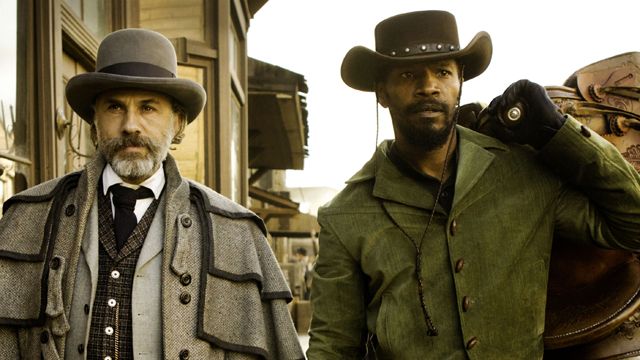
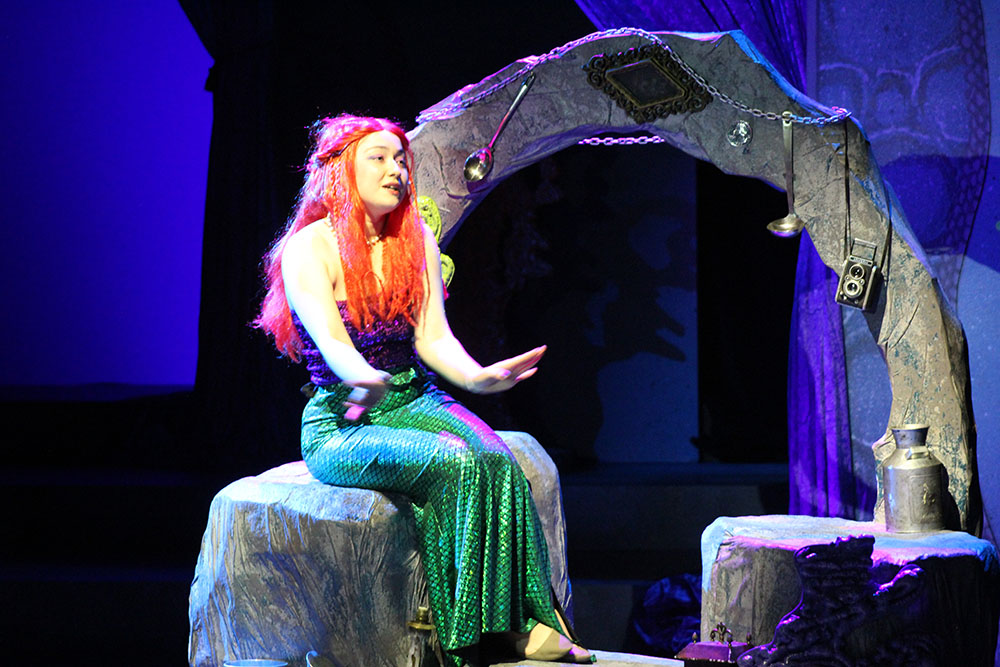
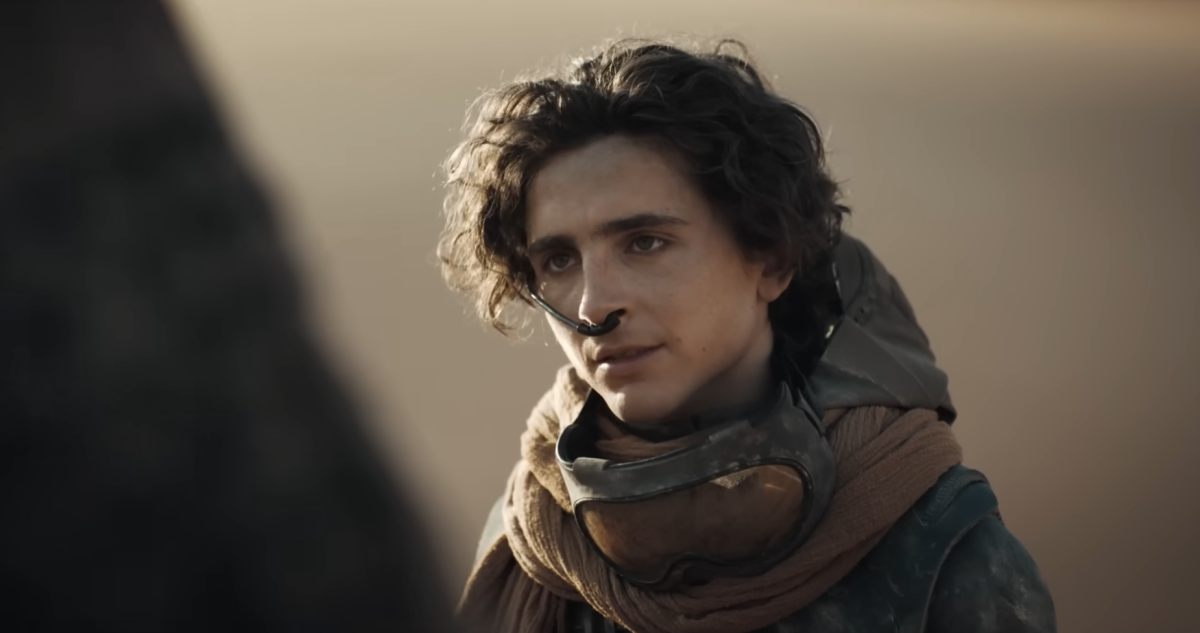
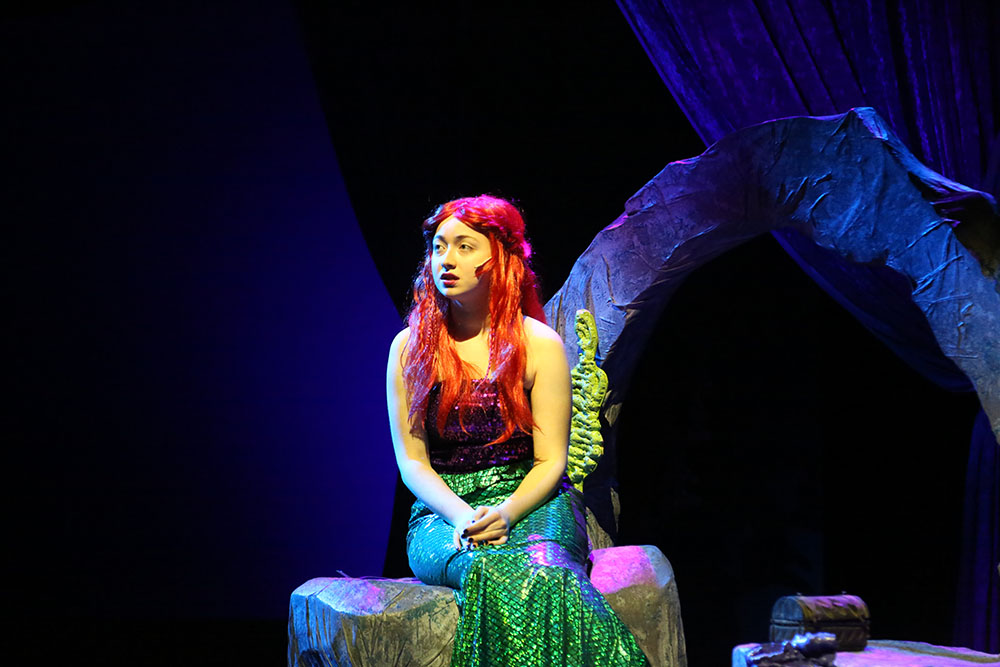
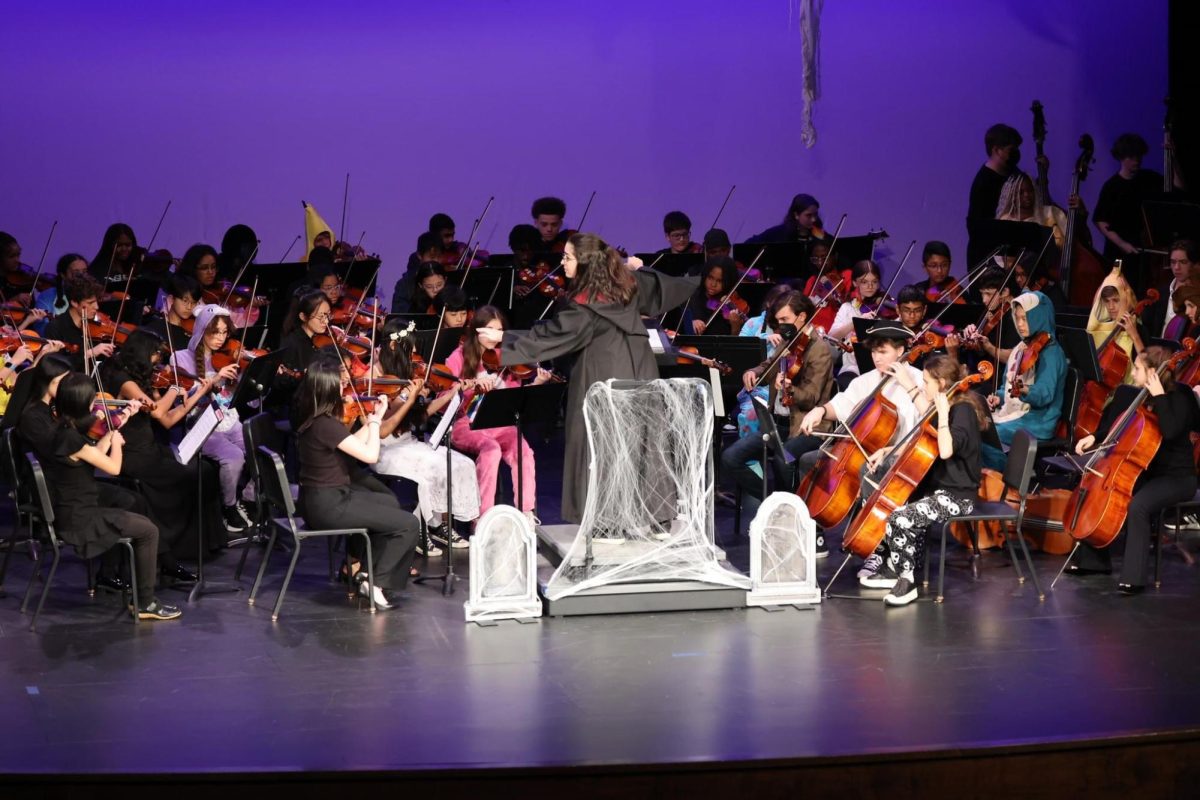
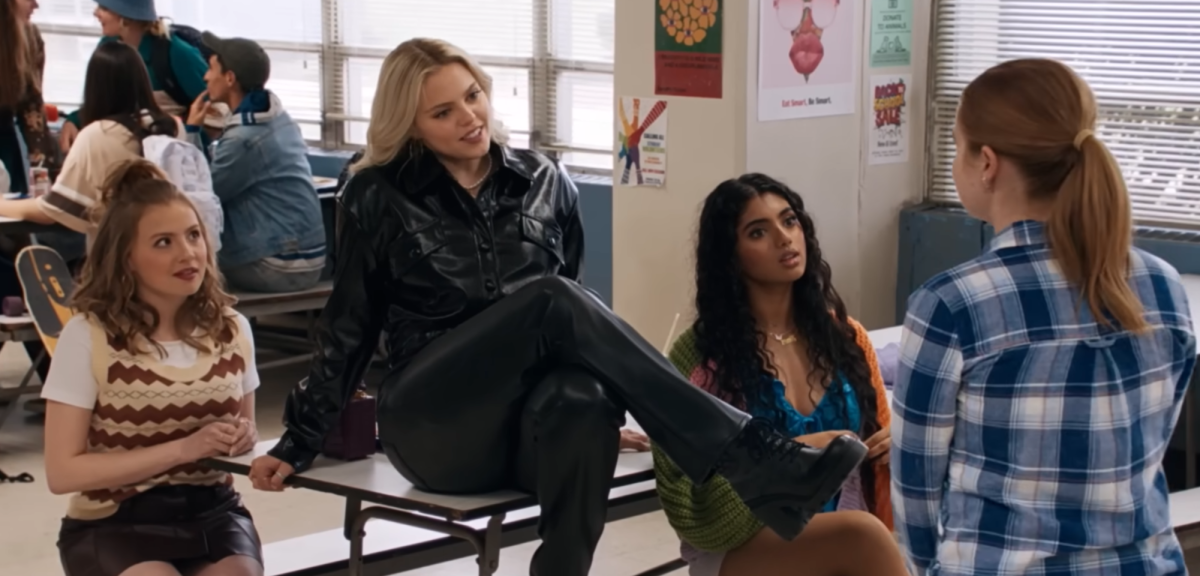
![Jonah [Eli Boskey] is a math teacher and recovering gambling addict who is persuaded to enter a high-stakes game of yaniv with Bernstein [Ben Ducoff].](https://bcomber.org/wp-content/uploads/2024/01/Screen-Shot-2024-01-11-at-3.17.55-PM-1-1200x718.png)
